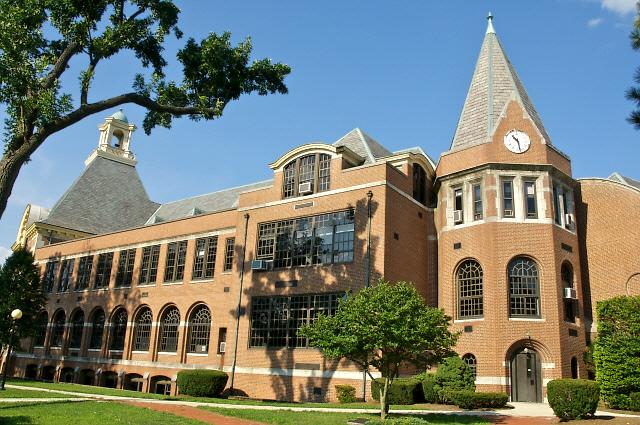Glenn Koocher of the Massachusetts Association of School Committees recently sent this message to Dollar$ & Sense advocacy group (of which Ridgewood is a member). It was originally written for the New York State School Boards Association during a better economic time, but it remains appropriate.
"In theory, tax caps sound great. They promise to relieve taxpayers of a financial burden and force government to maximize their economies and efficiencies. They also transfer to the state many financial responsibilities for public education - which, if managed properly, could increase equity.
In real life, tax caps don't work. Here is what happened in Massachusetts:
1) The state hasn't picked up the slack. The revenue that schools lost as a result of Massachusetts' tax cap has been largely unrecovered. The Massachusetts Legislature didn't make up the difference in lost funds, then, or now. School districts have effectively lost the ability to budget at the pace of inflation, or even close to it. Economic growth has benefited public education, but schools compete with dozens of other legitimate public policy priorities at the state level.
2) We've been overwhelmed by climbing costs. Supplies, fuel, special education, employee health insurance and retiree benefits don't have to comply with tax cutting mandates. Also, tax caps exacerbate the impact of spiraling costs of state and federal regulatory compliance with voluminous mandates from accountability systems, No Child Left Behind, and special education legislation.
3) We have been fighting more among ourselves. Tax caps pit segments of the community against each other. An unfortunate inter-generational battle is being fought between students and older people. Teachers battle firefighters and police for the hearts, minds, and money of the voters. Meanwhile, the social services infrastructure that helps make up the 'children's services safety net' struggles for their resources.
4) We've hurt the weak. Tax cuts hurt low-income districts much more than wealthier ones. Economically disadvantaged communities struggle harder because they don't have the property and income tax bases to keep up with the richer districts whose budgets start and remain higher, even in a crisis.
5) We've lost talent. Over the long term, tax caps cut critical positions that are not only important today, but essential for the future. Massachusett's schools lost half a generation of future teachers who were laid off 25 years ago or who never got an opportunity to be public educators in the first place. Today's principal and superintendent shortage is, in part, the result of the absence of those potential leaders who left the profession and never came back.
Schools aren't the only victims. We have a crisis in social services and have seen a loss of community support for children and families, which has many ramifications for public education. It all relates to diminished tax revenue.
A bad public policy, once implemented, becomes entrenched and is difficult to rescind. If saving taxpayers money is now your priority, tax caps may be for you. But if maintaining a socially responsible education policy is important, New York policy makers would be well advised to be extremely cautious as they consider a tax cap. A poorly crafted proposal will sacrifice the future for many in exchange for short term benefits for some."
Mr. koocher's e-mail included these words of wisdom:
Proposition 2 1/2 was a fine theory brutalized by a vicious gang of facts.
"There is no greater tyranny than a poorly written law." (Edmund Burke, 1780)
Welcome!
Welcome to Laurie Goodman's blog. I use this space to share news and opinions about education and schools in Ridgewood, the state of New Jersey and the nation, in addition to other issues I'm personally interested in. I invite you to share your thoughts, feelings, questions or opinions, too, by posting comments on any blog entry. Please observe basic courtesy -- keep your comments focused on issues, no personal attacks or bullying, please. Contact me directly at: lauriegood@mac.com
Subscribe to:
Post Comments (Atom)





No comments:
Post a Comment